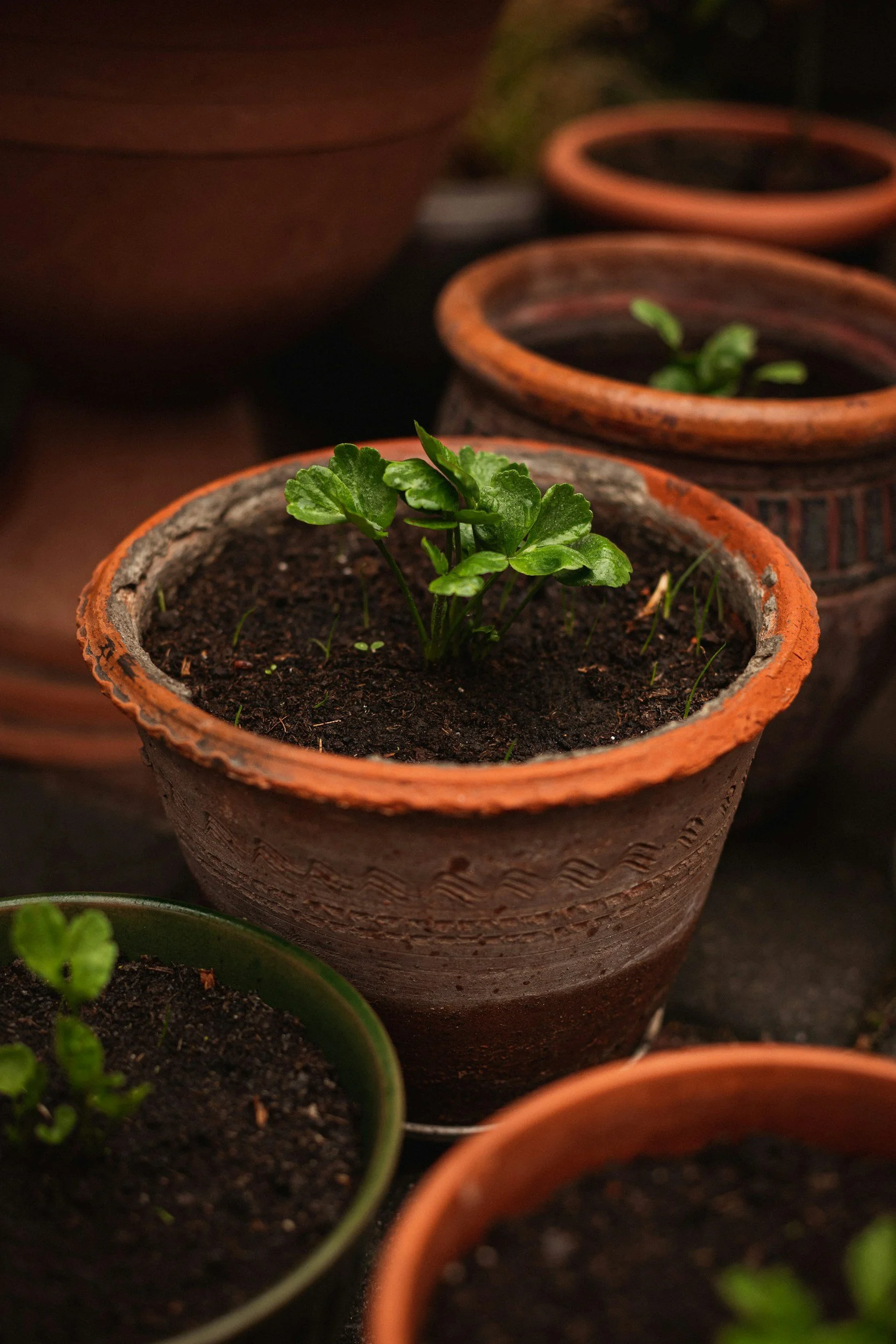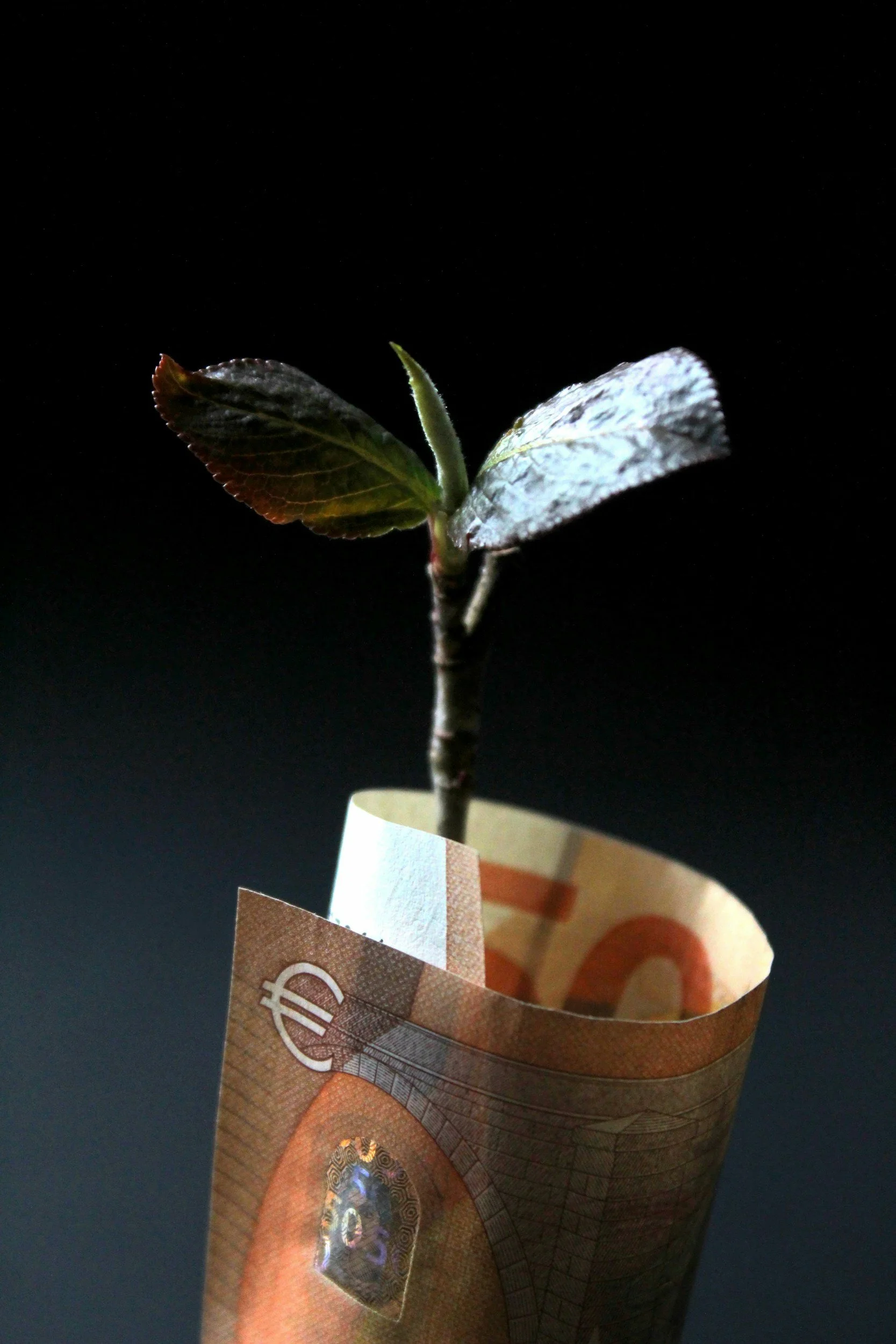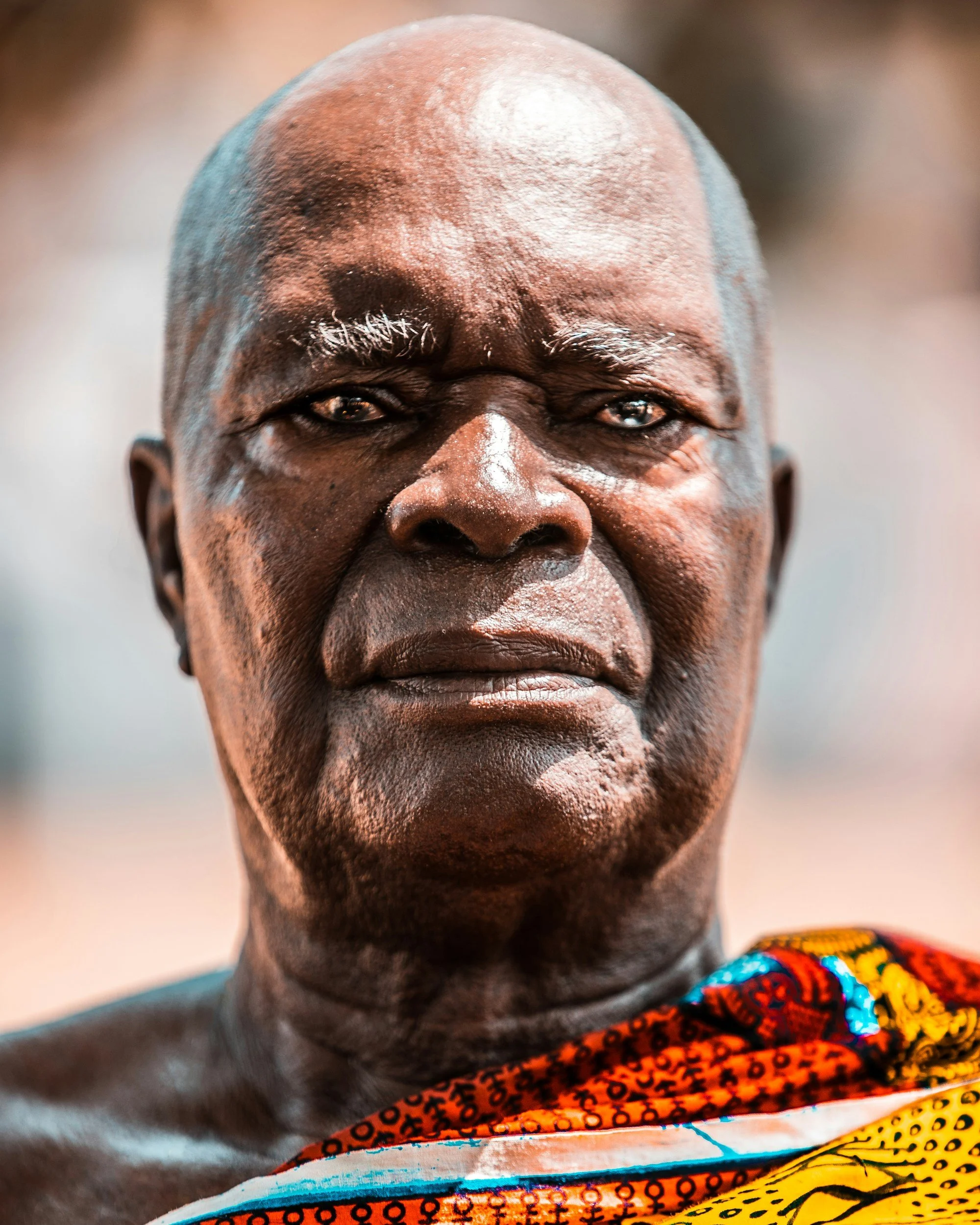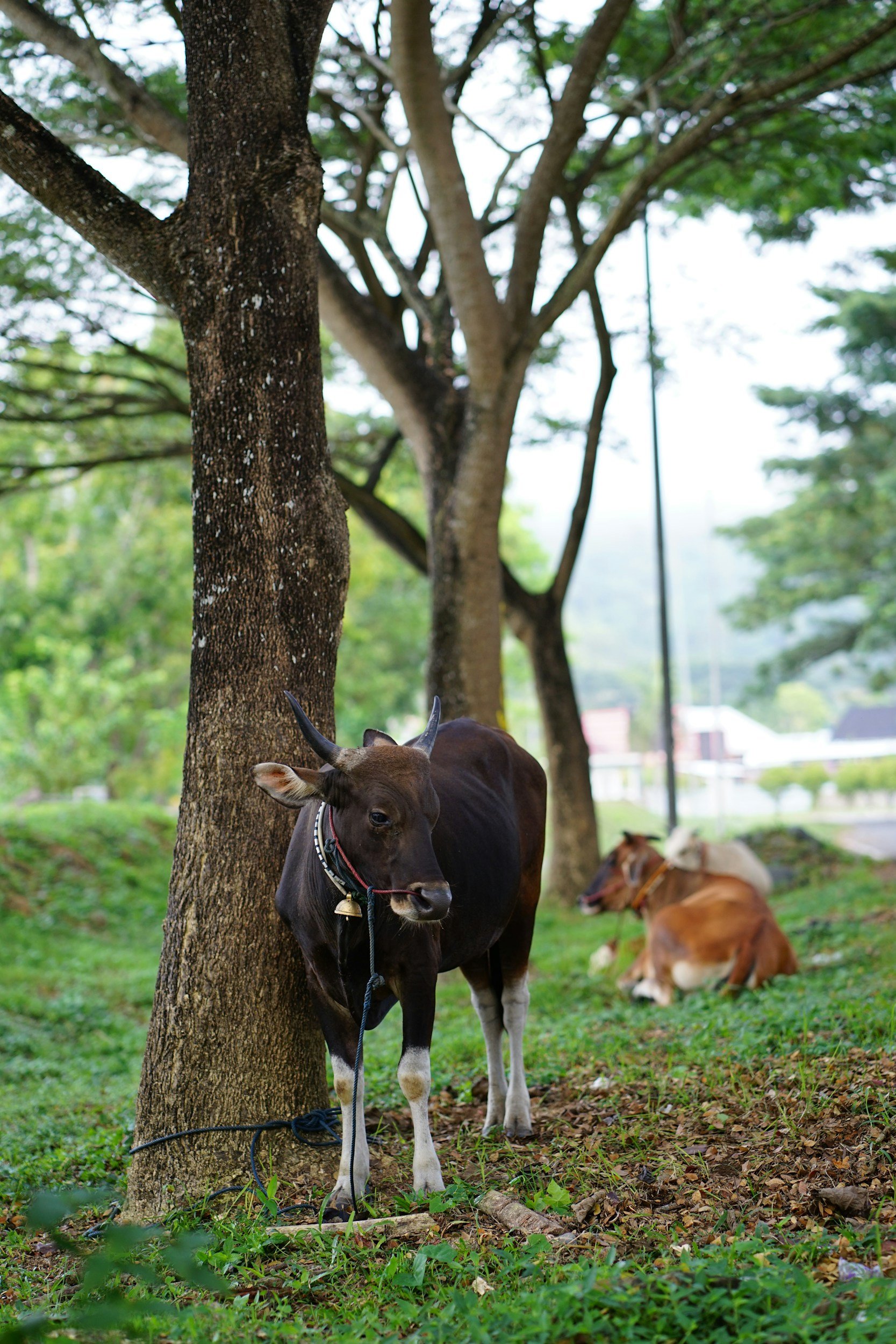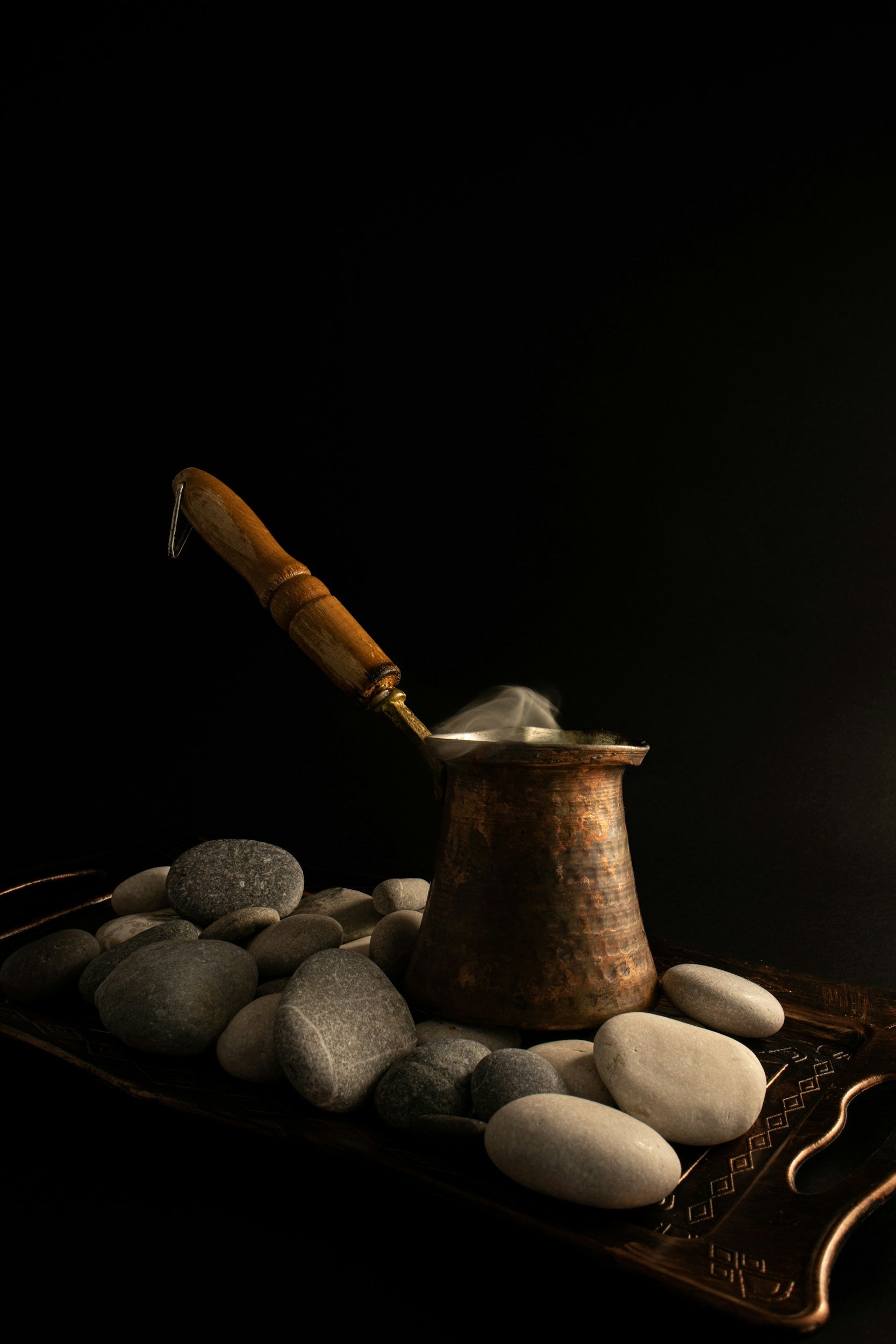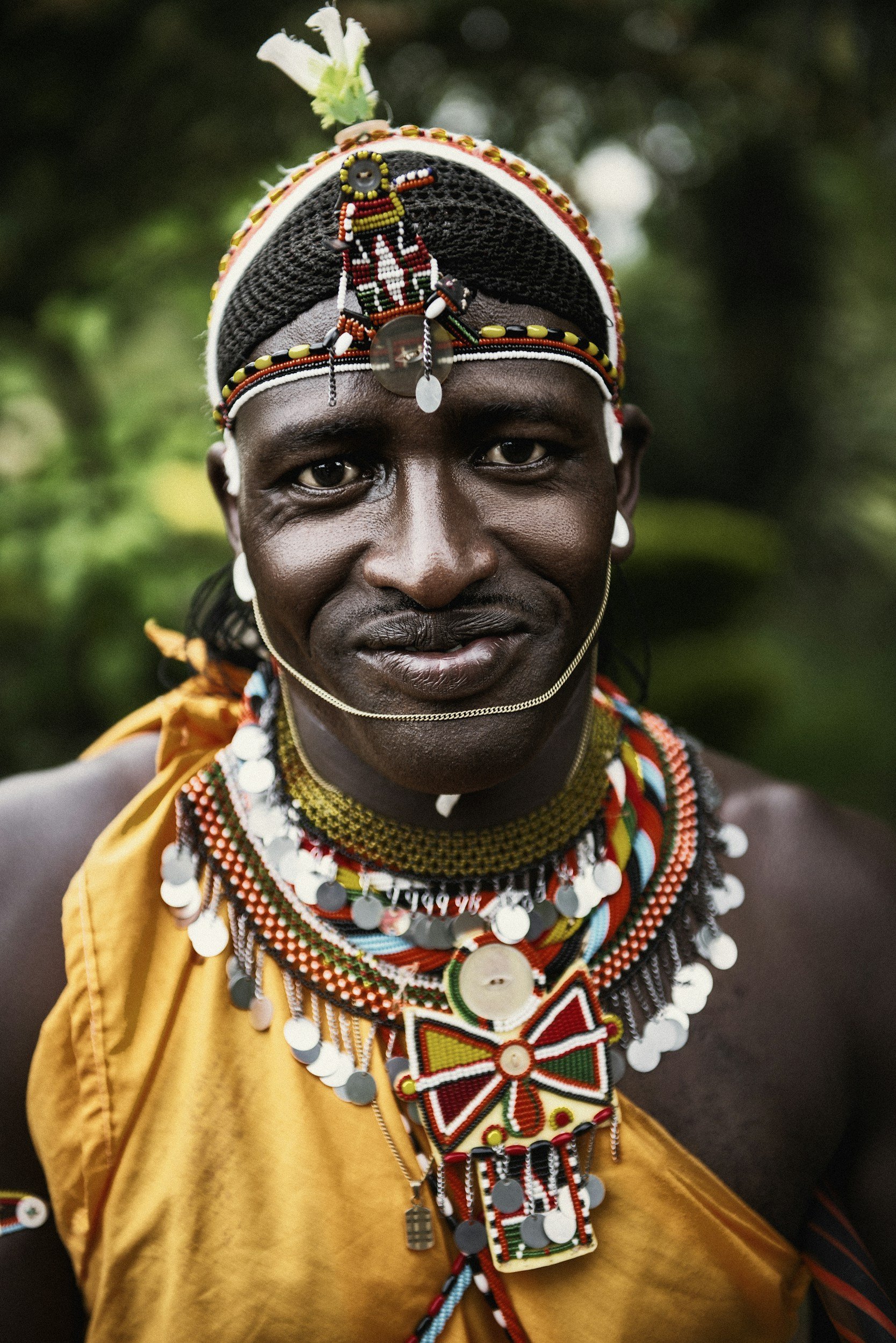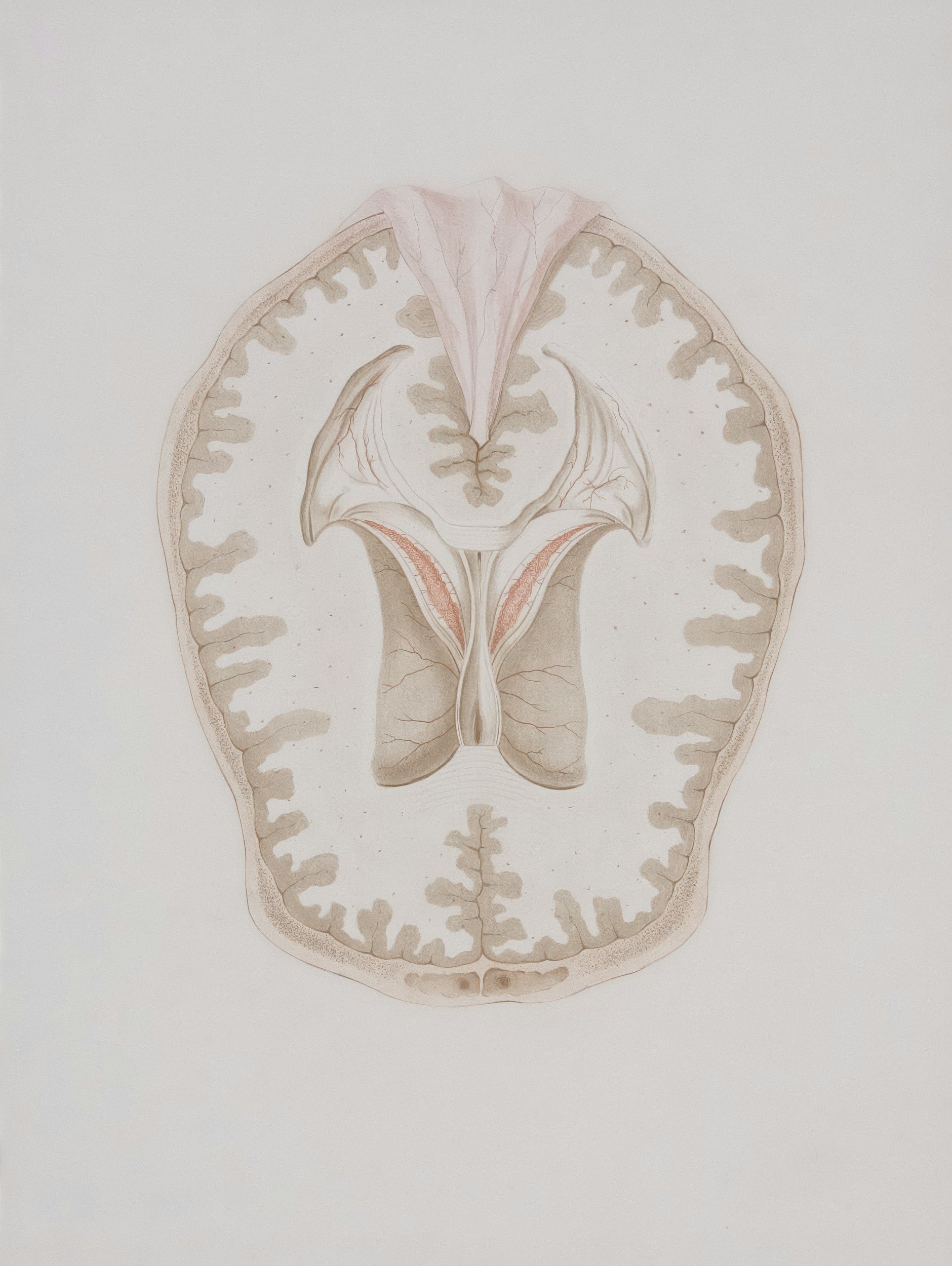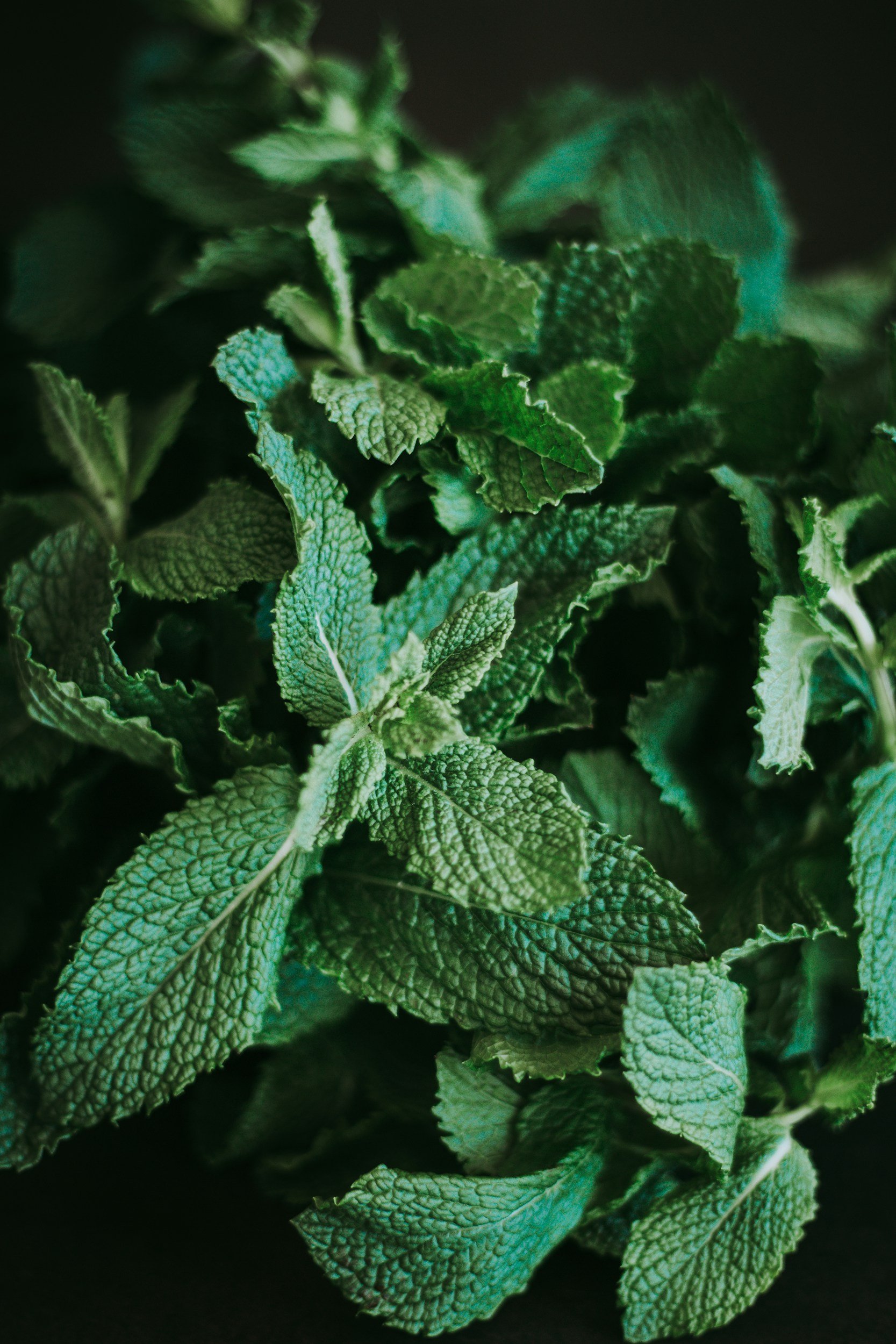The Importance of Dibia Apprenticeship as Part of the Igbo Scientific Method of Inquiry
The role of a Dibia in Igbo culture is both complex and multifaceted. As traditional healers, spiritual guides, and custodians of indigenous knowledge systems, Dibia play a key role in maintaining the health, harmony, and spiritual balance of the community. The path to becoming a Dibia is not one that is entered into lightly; it requires rigorous training, deep spiritual connection, and a commitment to the well-being of others. The apprenticeship process is integral to the development of a Dibia and represents an essential component of the Igbo scientific method of inquiry.
The Role of Apprenticeship in Dibia Training
Apprenticeship in the context of Dibia training is an intensive and immersive process that typically lasts between 3 to 7 years or shorter. During this period, the apprentice (Dibia in training) learns under the tutelage of another Dibia, who imparts knowledge of the mysteries of nature, and the sacred forces that govern the practice. This training is not just about acquiring practical skills but also about cultivating the spiritual discipline necessary to engage with the spirit world.
Systematic Knowledge Transfer: The apprenticeship ensures that knowledge is passed down in a systematic and controlled manner. The teaching Dibia provides instruction on the use of herbs, the preparation of medicinal concoctions, the interpretation of omens, and the execution of rituals or whatever specialities the apprentice has signed up to study. This knowledge is usually supplemented by direct guidance from spiritual entities, further improving the apprentice's understanding of the spiritual and physical worlds.
Spiritual Alignment and Ancestral Connection: The process of apprenticeship is also about aligning the apprentice with their spiritual path. This might involve the installation of or alignment with the energy of "Agwu", which serves as a conduit for communication with the spiritual realm. The apprentice learns to communicate with their personal guiding spirit, developing the ability to receive and interpret spiritual messages that guide their healing practices.
Moral and Ethical Formation: Dibia apprenticeship is not solely about acquiring knowledge; it also involves the development of moral and ethical principles. The apprentice learns the importance of humility, obedience, and respect for the ancestral codes that govern their practice. This moral education makes sure that the Dibia acts in the best interests of their clients, to promote their welfare, growth, and harmony within the community.
The Igbo Scientific Method of Inquiry
The apprenticeship process is deeply rooted in the Igbo scientific method of inquiry, which combines empirical observation, spiritual insight, and practical application. This method is holistic, as it recognizes that knowledge is not just about understanding the physical world or plane but also about engaging with the spiritual forces that shape reality.
Empirical Observation: Apprentices are taught to observe the natural world closely, learn to identify plants, animals, and other natural phenomena that have medicinal or spiritual significance. This observation is guided by the teachings of the teaching Dibia, who helps the apprentice interpret what they see in the context of Igbo cosmology.
Spiritual Insight: The Igbo scientific method acknowledges that knowledge is not complete without spiritual insight. Apprentices learn to access this insight through meditation, invocations, rituals and practice that connects them with the spirit world. The guidance received from spiritual entities is considered just as important as empirical observation in understanding the natural and spiritual laws that govern existence.
Practical Application: The final component of the Igbo scientific method is the practical application of knowledge. Apprentices are encouraged to apply what they have learned in real-world situations, under the supervision of their mentoring Dibia. This hands-on experience is very important for developing the skills and confidence needed to practice as a Dibia independently.
What Might Dibia Apprenticeship Look Like in the 21st Century?
As we move further into the 21st century, the practice of Dibia apprenticeship is evolving. While the core principles of spiritual appointment and alignment, empirical observation, and ethical practice remain unchanged, modern Dibia are increasingly incorporating contemporary knowledge and tools into their training.
Integration of Modern Science: Modern Dibia may study both traditional herbalism and modern pharmacology, learning how the properties of plants used in traditional medicine align with scientific findings. This integration of traditional and modern knowledge can improve the efficacy of their healing practices.
Use of Technology: Technology offers new opportunities for Dibia apprentices. For example, digital platforms can be used to document and share knowledge, making it easier for apprentices to access information and collaborate with other healers. Additionally, tools like GPS or other software can help in identifying and preserving sacred sites and medicinal plants.
Global Networking: The 21st century has brought about a global network of traditional healers who can share knowledge and support one another. Dibia apprentices can now connect with practitioners from other cultures, to learn from their experiences and broaden their understanding of traditional medicine.
Formal Education: Some modern Dibia may choose to complement their traditional apprenticeship with formal education in certain fields relevant to their practice. This combination of traditional and formal education can lead to a more comprehensive understanding of healing and spiritual practices. It can also leave room for innovation.
Final Thougths
The apprenticeship of a Dibia is an adventurous journey that combines rigorous training, spiritual discipline, and ethical formation. Rooted in the Igbo scientific method of inquiry, this process makes sure that Dibia are well-equipped to serve their communities with wisdom, compassion, and skill. As we move into the 21st century, the practice of Dibia apprenticeship is adapting to incorporate modern knowledge and tools, while still maintaining the core principles that have guided this practice for centuries. The future of Dibia apprenticeship looks promising, as it continues to evolve while preserving the rich traditions of the past.
Recommended Resources:
Introduction to Igbo Medicine: Igbo Healers and Agwu Deity in a Therapeutic Society | Patrick Iroegbu (Article)
The Concept of Dibia and Dibia Representations in Igbo Society of Nigeria | Patrick Iroegbu (Article)
The Origins of Ụmụ Agbara Agwụ & the Cult of Agwụ Tutelary Entities on Ọdịnala | Igbo Cyber Shrine (Article)
Dibia - Holistic and Spiritual Practice | Diviners and divination, Dibia afa, and Igba aja | Patrick Iroegbu (Article)
